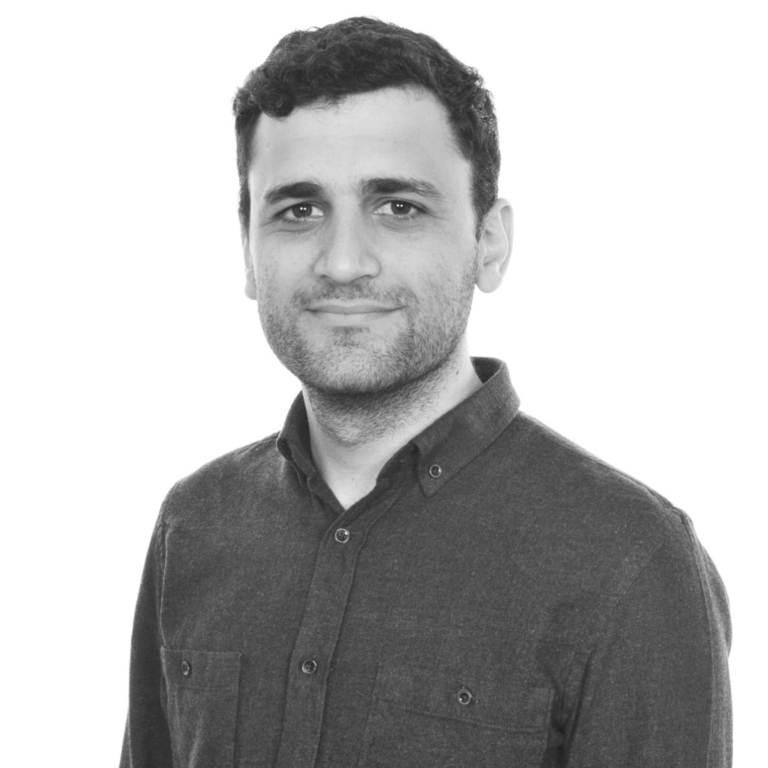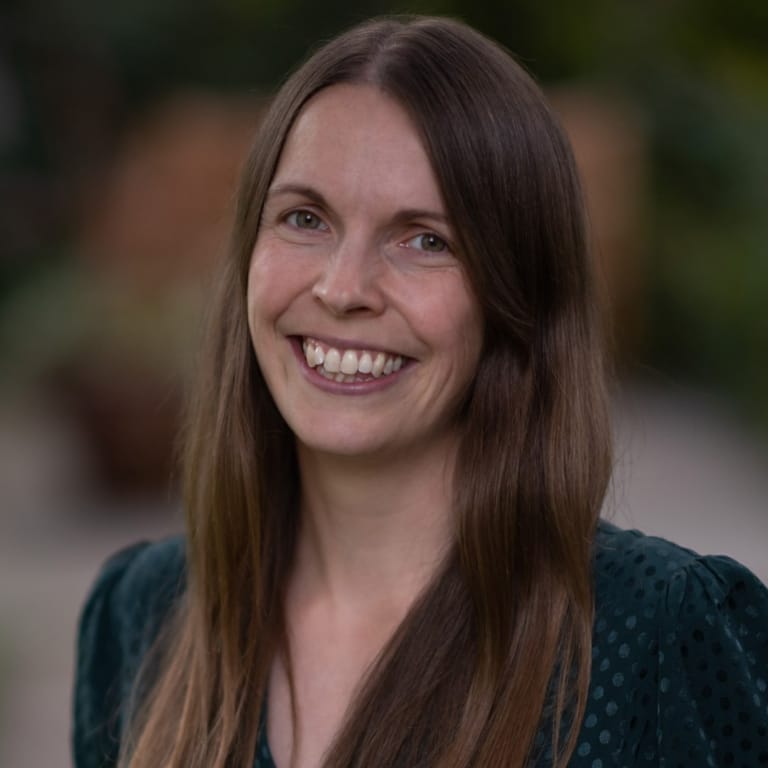Professor Robin May was appointed Chief Scientific Adviser (CSA) of the Food Standards Agency in July 2020. We sat down with him to find out more about this unique role.
Robin is Professor of Infectious Diseases at the University of Birmingham. He received the Lister Prize in 2010. As the FSA’s Chief Scientific Adviser, Robin provides expert scientific advice to the UK government and plays a critical role in helping to understand how scientific developments will shape the work of the FSA, as well as the strategic implications of any possible changes.
How do you balance your role as CSA with your academic work?
The role is structured as a secondment, so I spend 60% of my time in the CSA role and 40% in continuing my research at the University of Birmingham.
I love academia and I wouldn’t want to give it up. But equally, it’s nice to do something completely different and to use science in a very different way.
What does your working week look like now?
Broadly speaking, CSAs have three roles. The first job is providing scientific assurance and strategy for the department. For me, this might include everything from our long-term strategy around allergy labelling to assessing whether our surveillance for foodborne bacteria is appropriate.
The second aspect is related to communication. It’s my role to explain the science behind an issue and assess whether it is supported by robust evidence – whether that’s internally to colleagues in Government or externally to the public. When an issue triggers significant public interest – an outbreak of foodborne disease, for instance – it would be my role to help explain it.
Every Government department has a CSA, so there are around twenty of us in total. We meet each week to discuss shared issues and concerns, advise on (inter)national science strategy and to function as a conduit for science communication across Government. That is the third part of my job and is probably the aspect that is most similar to working in a university… it turns out that governments and universities share many of the same challenges around ‘siloed’ working or building robust collaborations!
At those meetings, everyone throws stuff on the table. Sometimes I go along thinking I’ll have nothing to contribute – for example, when the topic is space strategy or deep-sea mining. But you soon realise that space satellites are critical for agricultural productivity, or that deep sea mining has impacts on fisheries and international trade, and so actually I realise that it’s incredibly relevant to my department. To me, this is one of the most eye-opening parts of the job; discovering how science is so interconnected and that seemingly minor ‘tweaks’ to one part of the system can have big impacts elsewhere.
What do you enjoy most about the role?
As well as learning new things every day, I love how diverse the work is. In academia, I’ve worked on the same sort of problems for the last 25 years. But in this job, I frequently open my emails to find something completely unexpected, full of acronyms I’m not familiar with and a whole field of science that I know next to nothing about. And the pace is so different. There is something quite exhilarating about sometimes having to make a decision in 15 minutes rather than in 15 years!
It’s been a while since we’ve had a major national food crisis (fortunately!), but what issues have you had to deal with during your time as CSA?
It’s a rich array of work.
In the last year we’ve dealt with issues ranging from contaminated baby milk to Salmonella outbreaks. Russia’s invasion of Ukraine resulted in major disruption to the global food trade, including a near-total shut down of sunflower oil trading because most of that product is grown in Russia and Ukraine. So we had a lot of work to do to respond at pace to fast moving changes in the food supply chain. Prior to that, we carried out a lot of work during the COVID-19 pandemic to address concerns about the handling of food and potential transmission of the SARS-CoV-2 virus in food businesses or cargo shipments.
Of course, you took on the CSA role right in the thick of the COVID-19 pandemic, which must have been tricky.
I clearly remember that I had my first conversation about applying for the CSA role in the week that we were seeing the first news stories about a mysterious illness in China. By the time I was in post, we were in lockdown. So it was definitely a case of being ‘in at the deep end’, although I guess I was quite fortunate in that my background in infectious disease meant that I had some understanding of the really difficult decisions that were being discussed as I joined. The most difficult thing was not meeting any of my new colleagues in person until a year had passed, although I must admit that one of the few benefits of virtual meetings is being able to have a second screen open with a list of ‘translated acronyms’, to help avoid having to stop the meeting every two seconds for an explanation!
The role is officially a three-year stint, but my contract has just been renewed for a second term. So, I’ll be doing it for another three years, which I’m really pleased about. As I’m sure most Lister Fellows would agree, you don’t achieve very much in the first three years of a project – it’s the three after that which really count!
You can find out more about Robin’s research here: Robin May — University of Birmingham



